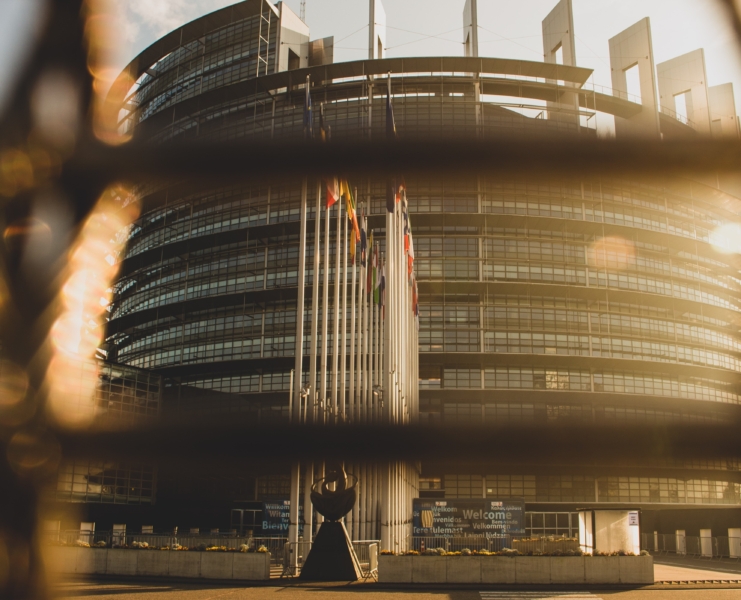14 March 2024, Brussels
In 2019, EU Commission President Ursula von der Leyen promised an interinstitutional ethics body to overhaul the EU’s integrity system, an oversight mechanism we have been demanding for almost a decade. Over four years have passed since this commitment, during which the EU has experienced what is perhaps the largest corruption scandal in its history.
Now some form of an ethics body has finally taken shape, and Transparency International EU (TI EU) welcomes such a development in principle. But this proposed ethics body is a far cry from an institutional watchdog that would cause any meaningful change in the ethical behaviour of European policymakers.
Shari Hinds, TI EU policy lead on EU political integrity, said, “An ethics body without the necessary powers to address existing loopholes in the integrity systems of the European institutions is an ethics body in name only. This ethics body will not contain any of the essential elements desperately needed to clean up the EU integrity system: the powers to investigate and sanction the EU institutions independently. Self-monitoring and political integrity are a contradiction in terms.”
The agreement still fails to address the crux of the integrity problems across the EU institutions: there is no effective independent monitoring, oversight and sanctioning of unethical behaviour. This means that the EU institutions themselves will still be expected to police their own actions. Even with this limited mandate, the EU institutions will need to properly resource the body. Without adequate resources, the ethics body will simply window dress critical lapses in the EU’s integrity framework.
Three commendable points: firstly, independent experts may be consulted on the compliance of declarations of interests or any other declarations. We further welcome that the ethics body will require annual reports on its activities, as well as the scrutiny of self-assessments from the institutions by independent experts.
But even with this agreement, it will remain the responsibility of individual institutions to reform their ethics rules. The body can now be seen as a vehicle for policymakers to address the known deficiencies of the integrity rules of the EU institutions.
Please direct press enquires to EUPress@transparency.org.





